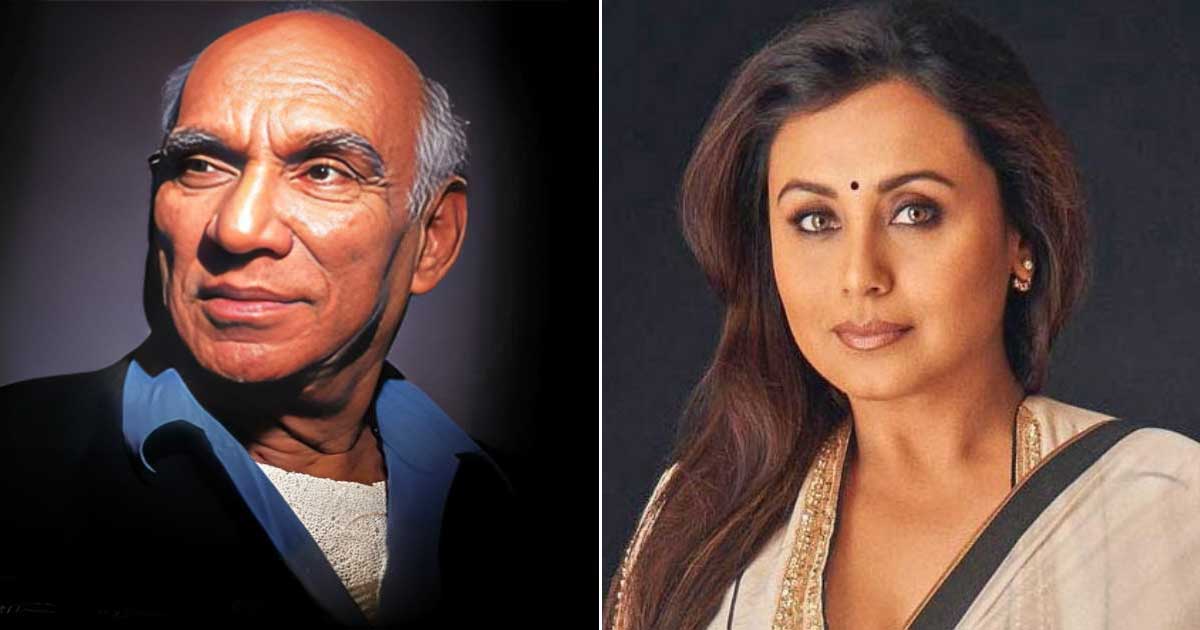A 53-year-old French woman, Anne, fell for an elaborate online scam, duped by an imposter posing as Hollywood heartthrob Brad Pitt.
During a ski trip in Tignes, she received a surprising Instagram message claiming to be from Brad Pitt’s mother, Jane Etta Pitt, which marked the beginning of a scheme that ultimately cost her £700,644.50 (€830,000).
Love, Lies, And AI
This unexpected contact soon blossomed into a whirlwind romance with the actor himself, or so she believed. Anne, recently divorced from a millionaire and grappling with the emotional turmoil of the separation, received £654,216.25 (€775,000) in compensation.
A significant portion of this substantial sum was subsequently transferred to the scammer, likely exploiting her vulnerability during this difficult period. Taking advantage of the Hollywood actor’s highly publicised divorce from Angelina Jolie, the fraudster claimed he faced financial hardship due to frozen bank accounts.
A french woman was scammed for $800,000+ by a guy pretending to be BRAD PITT 👀
He sent AI generated videos of brad pitt
Demanding money for Kidney Transplant🙃She also divorced her man thinking she will get along with BRAD PITT
Sad it is !!!#zelena #まどか26歳… pic.twitter.com/TgJb5rwJVq
— AMX🔮 (@HellooOfficial) January 14, 2025
To further manipulate Anne, the scammer presented doctored photos and even AI-generated videos depicting Pitt battling kidney cancer in a hospital bed, convincing her to send substantial sums for his alleged medical treatment.
The Illusion Shattered
Captivated by heartfelt messages and poetic declarations of love, Anne remained blissfully unaware that she had never spoken to the real Brad Pitt on the phone. Her idyllic fantasy crumbled in 2024 when she encountered media reports of Pitt’s actual relationship with jewellery designer Ines de Ramon.
The stark contrast between her fabricated reality and the harsh truth sent her into a deep depression, requiring hospitalisation. This isn’t the first time scammers have exploited the fame and image of Brad Pitt. In 2023, five individuals were arrested in Spain for extorting £274,381.25 (€325,000) from two vulnerable women by falsely claiming to be the actor.
The UK Government Cracks Down On Explicit Deepfakes
The case of Anne isn’t isolated. It underscores the growing threat of deepfake technology, where artificial intelligence is used to manipulate images and videos, blurring the lines between reality and deception.
In a significant move to combat the rise of deepfake technology, the UK government announced on Tuesday, 7th January, a crackdown on explicit deepfakes. ‘Predators who create sexually explicit ‘deepfakes’ could face prosecution as the Government bears down on vile online abuse,’ the Government said in a press release.
The UK government is set to introduce a new law making the creation of sexually explicit ‘deepfake’ images a criminal offence. Perpetrators could face up to two years in prison under this legislation, which also includes new offences for taking intimate images without consent and installing equipment to enable these crimes.
Protecting Women And Girls
This Package, fulfilling the Government’s Plan for Change and its manifesto commitment to protect women and girls, is a critical step as the proliferation of these hyper-realistic images has reached alarming levels, inflicting devastating harm, particularly on women and girls who are disproportionately targeted.
‘It is unacceptable that one in three women have been victims of online abuse,’ Victims Minister Alex Davies-Jones said. ‘This demeaning and disgusting form of chauvinism must not become normalised, and as part of our Plan for Change, we are bearing down on violence against women – whatever form it takes.’
‘These new offences will help prevent people being victimised online. We are putting offenders on notice – they will face the full force of the law,’ she added. This crackdown on deepfakes comes as concerns grow over the increasing sophistication of online scams, as seen in the recent case where a French woman was defrauded out of hundreds of thousands of euros by an imposter posing as Brad Pitt.
While these technologies offer exciting possibilities, they also present significant risks, and robust legislation is crucial to protect individuals from falling prey to such sophisticated deceptions.







